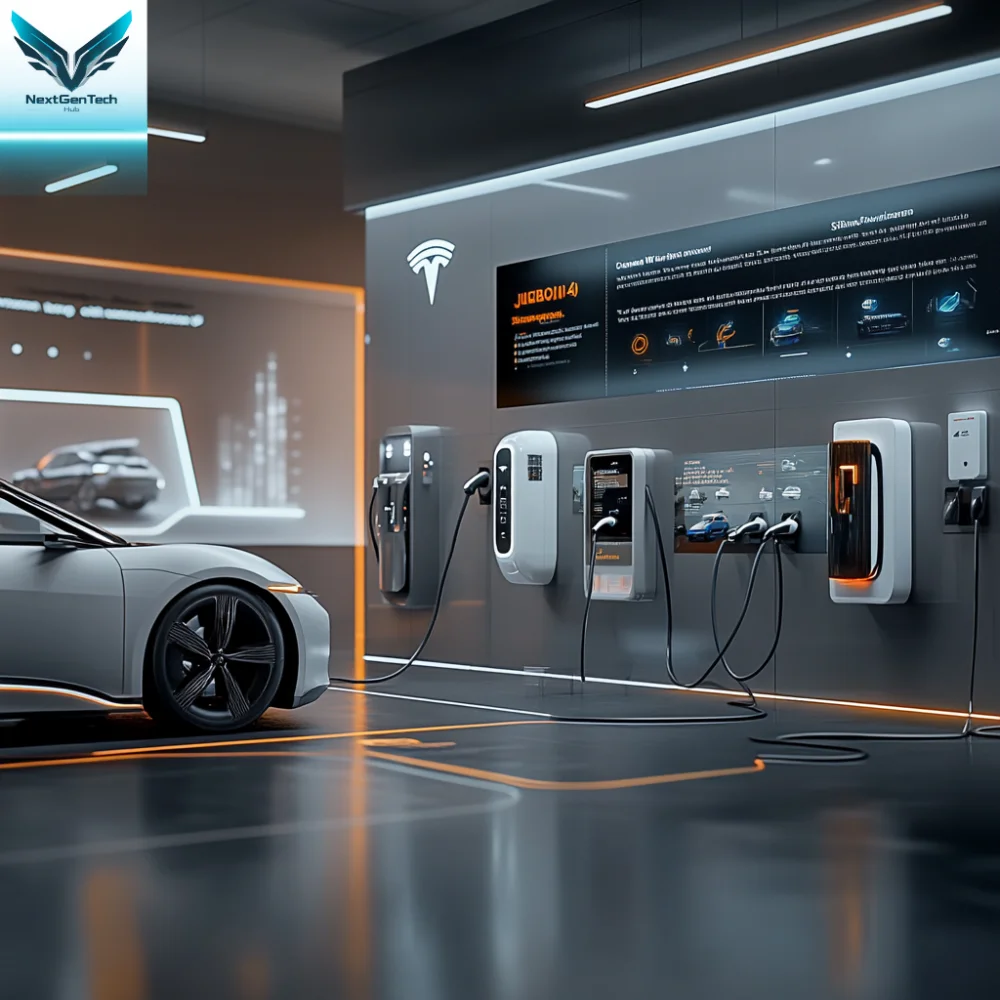
The rapid adoption of electric vehicles (EVs) has transformed the way we think about transportation, and with that, the demand for efficient and reliable EV charging stations has soared. Choosing the right EV charging station is a vital decision for every EV owner as it impacts the convenience, cost, and overall efficiency of vehicle ownership. This comprehensive guide will walk you through every detail, helping you make an informed choice for your specific needs.
1. Know the Different Types of EV Charging Stations
Before diving into specifics, it’s crucial to understand the three main types of EV charging stations available today. Each type is designed for different situations and varies in speed, power output, and cost.
Level 1 Charging Stations
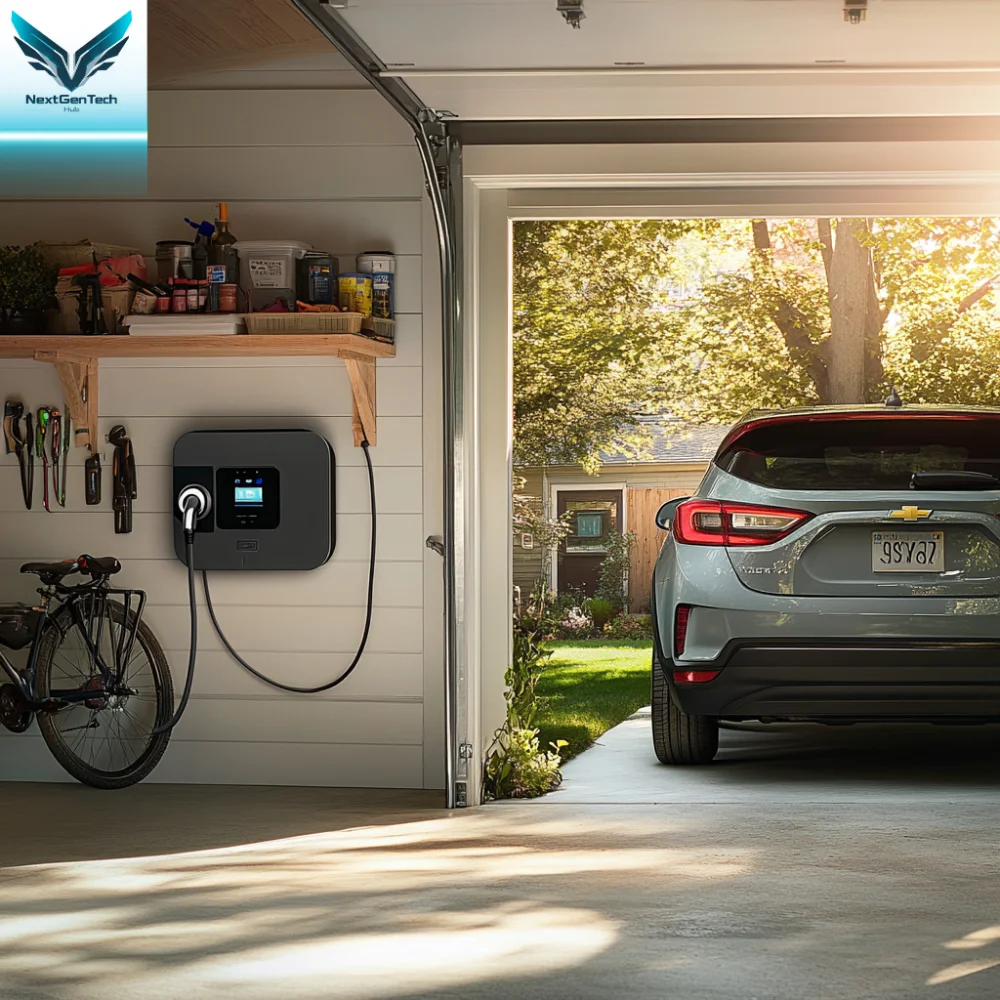
Level 1 charging stations are the most basic option available. They operate using a standard 120-volt AC outlet that you can find in any home. Because they don’t require special equipment or installation, they are the most accessible option for new EV owners.
- Charging Speed: Typically, Level 1 chargers provide about 2-5 miles of range per hour of charging. This makes them the slowest option but adequate for users who drive short distances daily.
- Cost: Since these chargers only require a standard outlet, the costs are mainly for the portable charger, ranging from $200 to $600. There is usually no additional installation cost.
- Use Case: Level 1 chargers are best suited for home use where the vehicle can charge overnight.
Level 2 Charging Stations
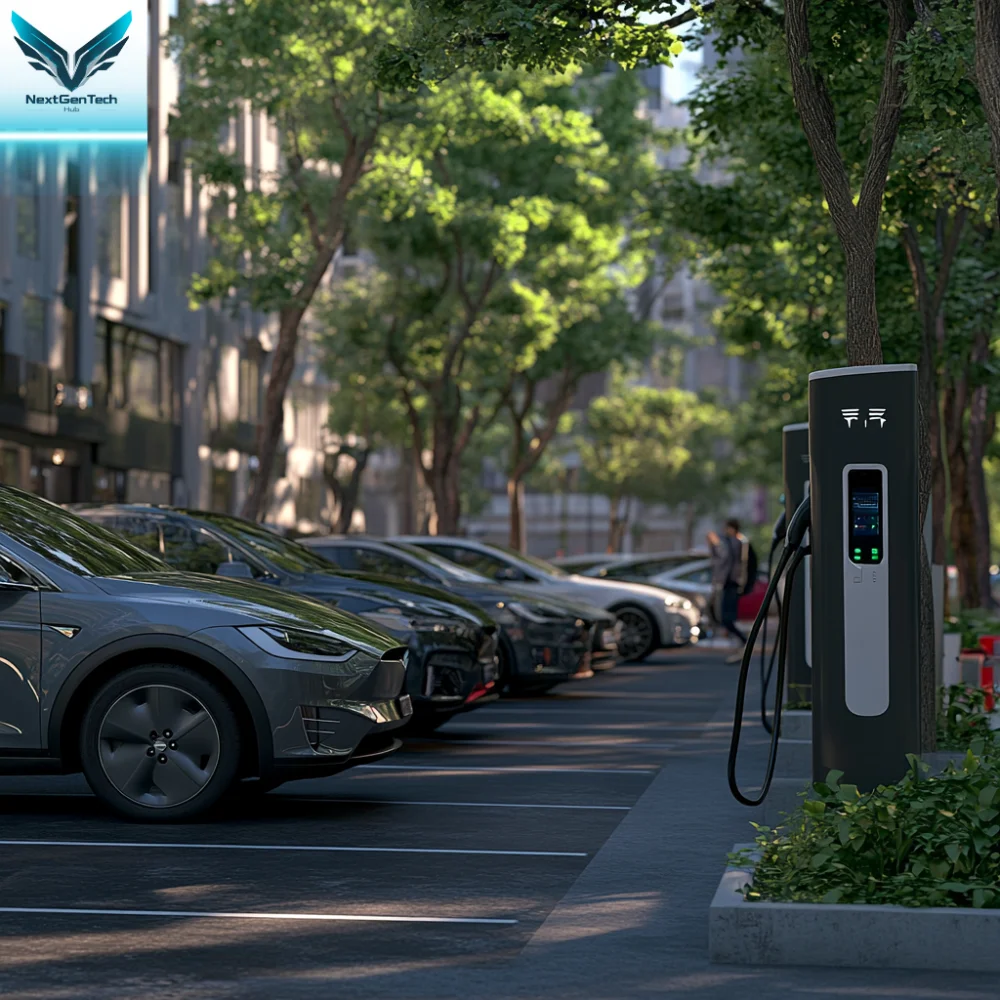
For a significant speed boost, Level 2 charging stations are a popular choice among EV owners. These chargers require a 240-volt outlet, similar to what is used for large household appliances like dryers.
- Charging Speed: Level 2 chargers can provide 10-60 miles of range per hour, depending on the power output. This makes them suitable for daily and extended driving needs.
- Cost: The price for a Level 2 charger ranges from $400 to $1,600, excluding installation, which can add another $200 to $2,000, depending on electrical upgrades needed.
- Use Case: They are ideal for both home use and public spaces such as workplaces, shopping centers, and parking garages.
DC Fast Charging Stations (Level 3)
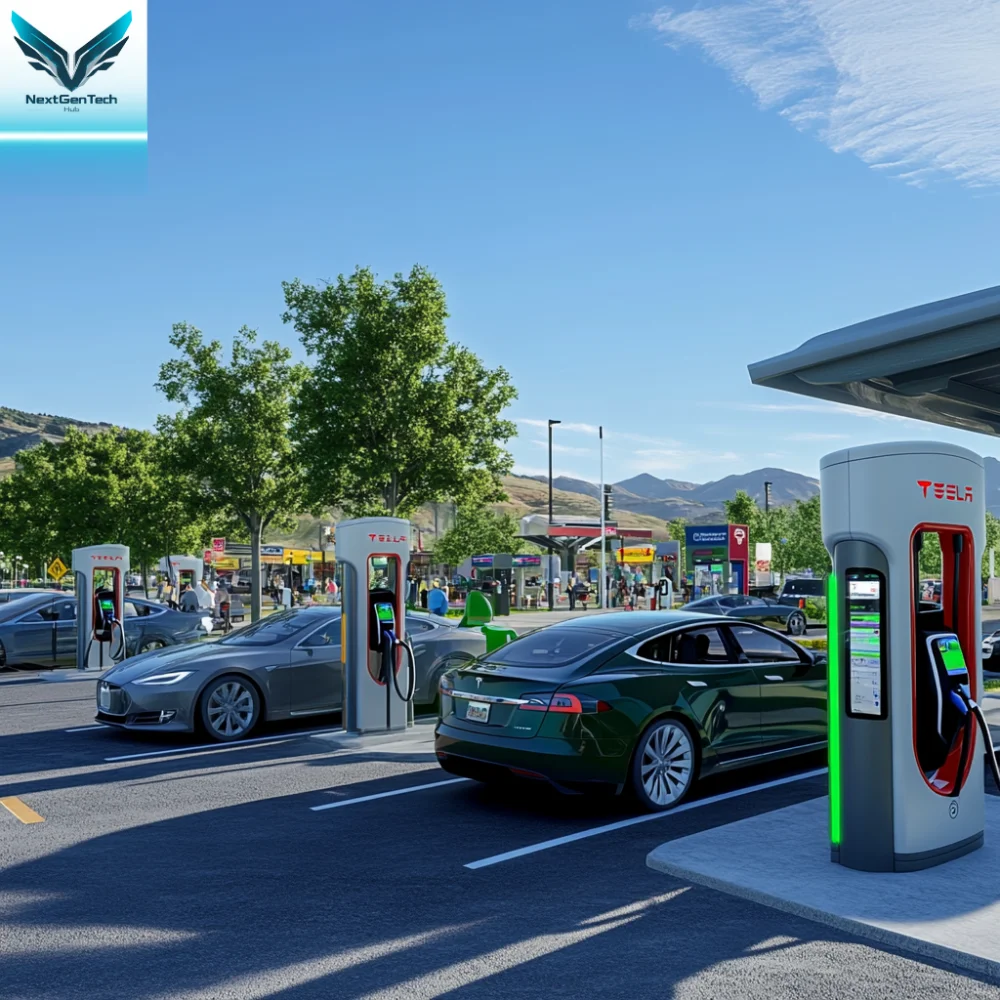
DC Fast Chargers are the most powerful and fastest charging stations available. They use direct current (DC) instead of alternating current (AC) to charge batteries rapidly, making them perfect for quick stops.
- Charging Speed: These stations can provide up to 80% battery capacity in as little as 20-40 minutes. That equates to around 100-200 miles of range in about half an hour.
- Cost: DC Fast Chargers are expensive, with prices ranging from $15,000 to $50,000, plus substantial installation and maintenance fees.
- Use Case: They are commonly found at highway rest stops, commercial centers, and other high-traffic areas where quick charging is essential.
Video Resource: To better understand these different types of EV chargers, consider watching this informative YouTube video on EV Charging Basics. It provides a visual overview of how each charging type works and their ideal use cases.
2. Determine the Charging Speed That Suits Your Needs
When choosing an EV charging station, the charging speed is one of the most critical factors to consider. The speed depends on the power output of the station and the capacity of your EV.
- For Home Users: If you use your EV mainly for daily commuting and can charge it overnight, a Level 1 or low-end Level 2 charger will suffice.
- For Frequent Travelers: If you often take long trips, a more powerful Level 2 charger or access to a DC fast charger will be necessary to minimize downtime.
Fun Fact: Data from the Electric Vehicle Association indicates that 80% of EV owners use Level 2 chargers for home charging due to their efficiency and reasonable cost.
3. Evaluate the Compatibility of Connectors and Plugs
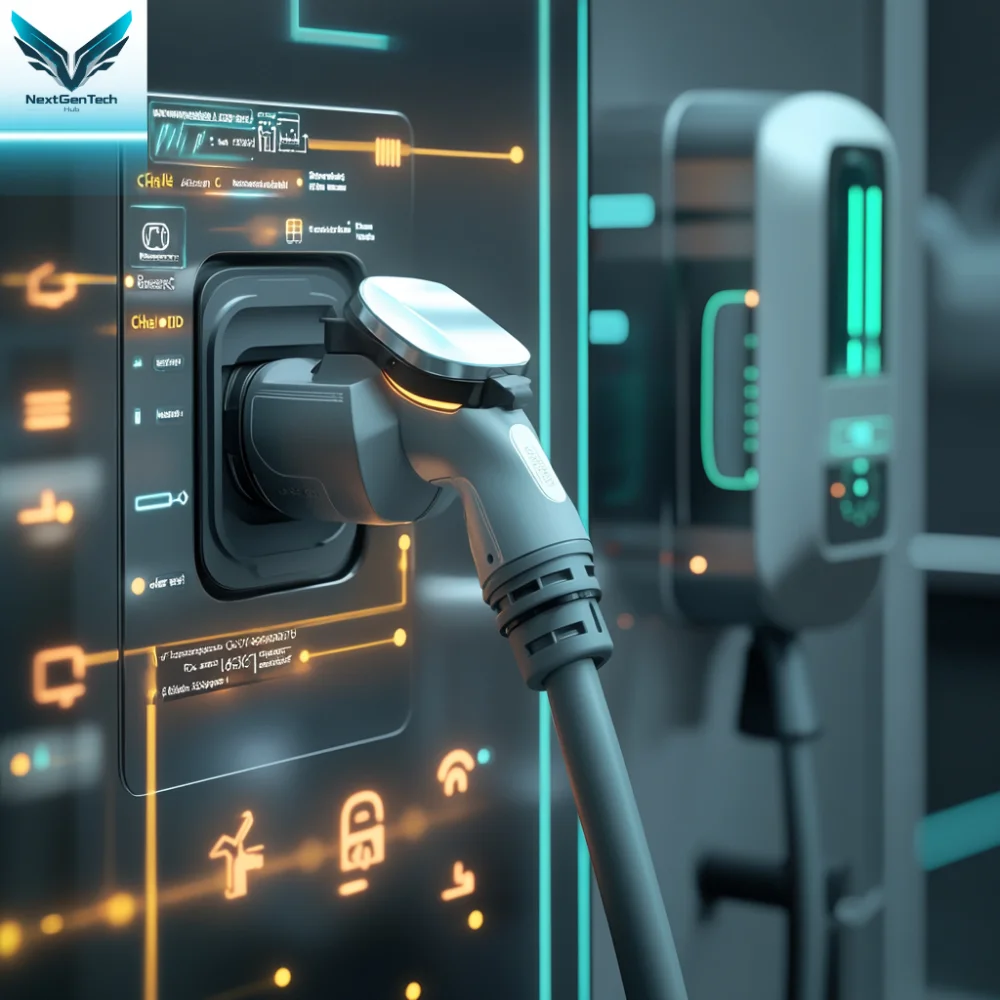
Compatibility between the EV and the charging station is essential to ensure a smooth charging experience. Different vehicles use different connectors, and not all chargers support all connector types. Here are the most common ones:
- J1772 (SAE J1772): Standard for Level 1 and Level 2 charging in North America. It is used by nearly all EVs except Tesla, which provides an adapter.
- CHAdeMO: An older standard for DC fast charging, primarily used by Nissan and Mitsubishi. It is slowly being replaced by newer standards.
- CCS (Combined Charging System): A popular choice for many new EVs. It combines AC and DC charging into one plug, making it versatile and widely adopted.
- Tesla Supercharger: Tesla uses a proprietary connector, but they also offer adapters to make their cars compatible with non-Tesla chargers.
Make sure to check your vehicle’s manual to understand which connectors are compatible with it and select a charging station that supports those connectors.
4. Look for Smart Charging Features and Connectivity Options
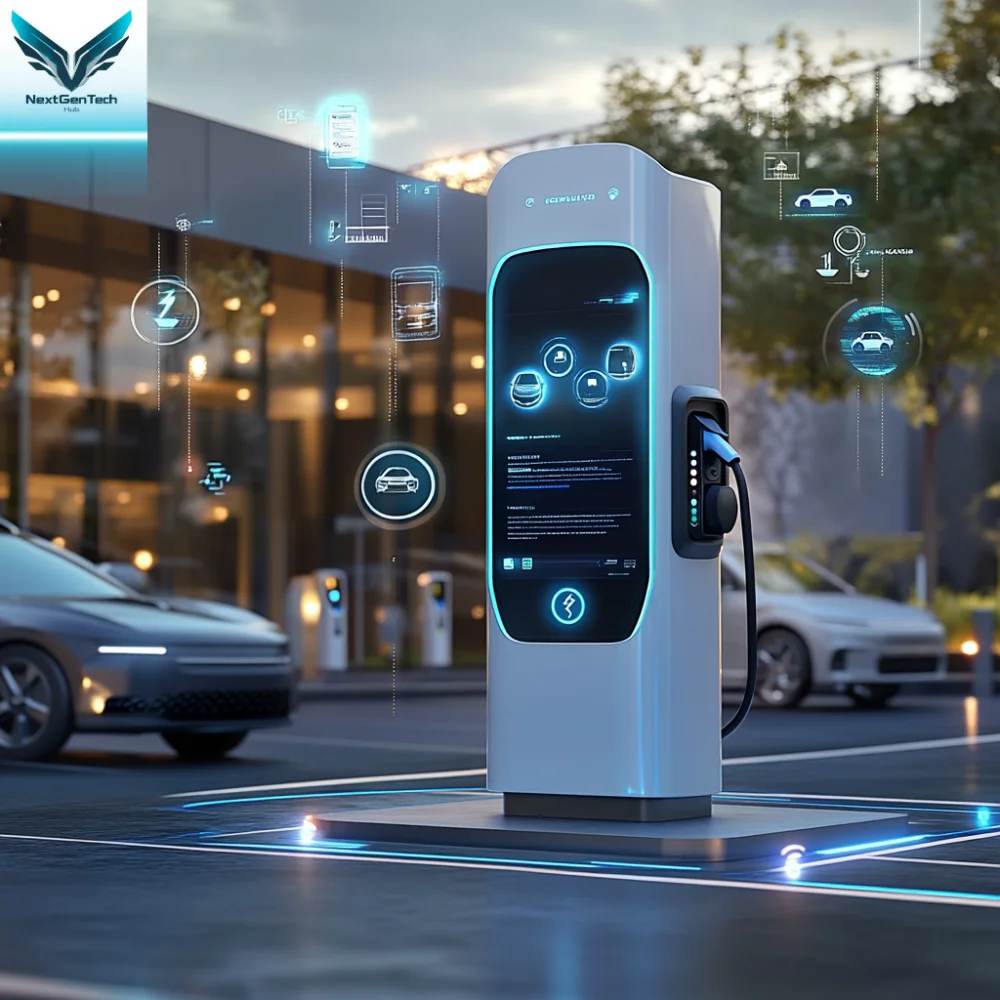
In recent years, many EV charging stations have been developed with advanced smart features that offer greater convenience and efficiency. When choosing a model, consider these features:
- Smartphone Integration: Stations with Wi-Fi or Bluetooth connectivity can be controlled via mobile apps. This allows you to monitor charging status, control charging times, and receive alerts.
- Load Management: Some chargers have load management systems to prevent overloading your home’s electrical system, which is particularly useful for households with multiple EVs.
- Scheduled Charging: Allows you to set charging times during off-peak electricity hours to save money. It is a highly recommended feature for reducing long-term energy costs.
Product Highlight: The JuiceBox 40 is a popular choice for many EV owners. It offers Wi-Fi connectivity, app-based control, voice command integration, and smart scheduling features. Priced around $649, it balances cost, features, and reliability, making it a top pick among EV drivers.
5. Understand Installation Requirements and Costs
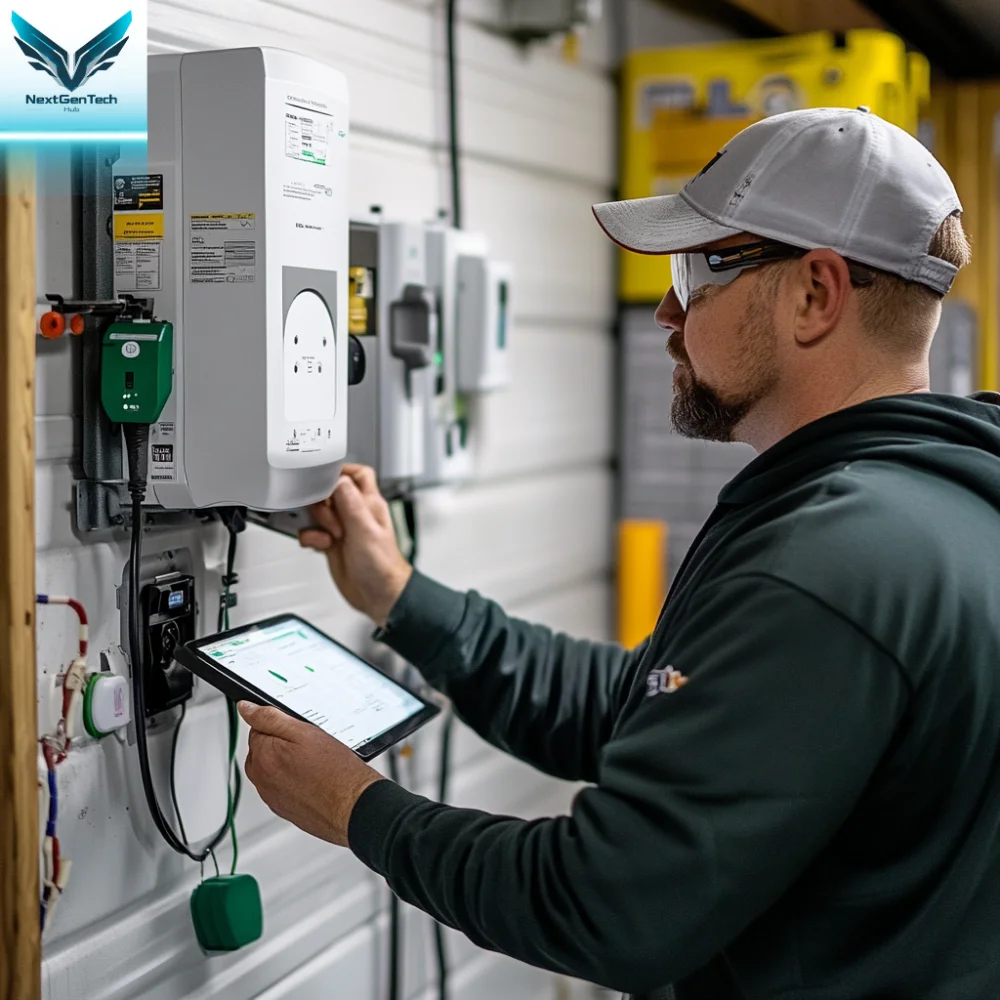
Installing an EV charging station isn’t just about the cost of the charger itself. There are other factors to consider, particularly if you’re looking at a Level 2 or DC fast charger.
- Electrical Panel Upgrades: Depending on your current setup, you may need an electrical panel upgrade to handle the higher power draw. This can add a significant cost, ranging from $500 to $2,500.
- Professional Installation: It is strongly recommended to hire a certified electrician for the installation. Improper installation can lead to electrical hazards, non-compliance with local codes, and other safety issues.
- Ongoing Maintenance: Some chargers, especially those with smart features, may need periodic software updates or inspections to maintain their efficiency and safety.
Tip: Always get a detailed quote from an electrician before purchasing a charging station to understand the full installation costs.
6. Compare Popular EV Charging Stations in 2024
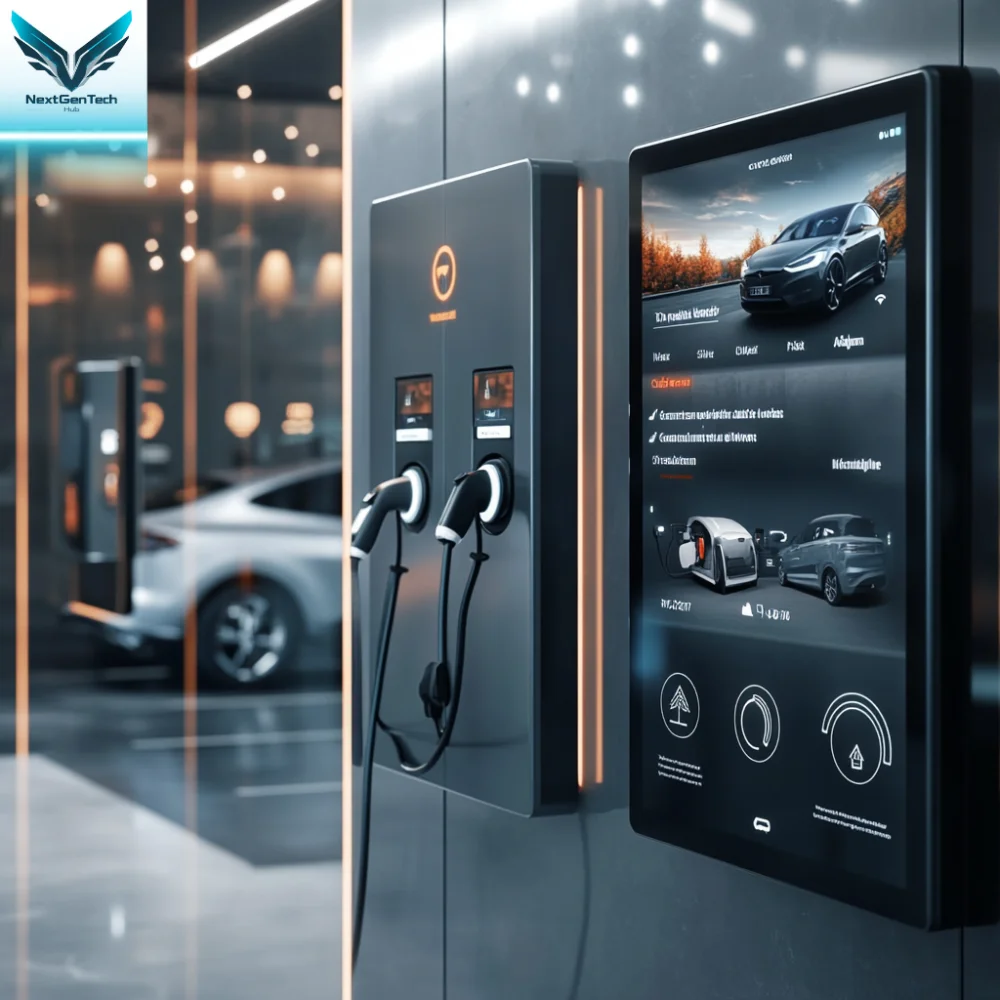
To make an informed decision, it is beneficial to compare some of the most popular models on the market. Here’s a breakdown of some top choices for 2024:
| Model | Power Output | Smart Features | Estimated Price | Customer Rating |
|---|---|---|---|---|
| ChargePoint Home Flex | 16A-50A | Wi-Fi, Alexa/Google Assistant | $699 | 4.8/5 |
| JuiceBox 40 | 40A | Wi-Fi, App Control, Voice Command | $649 | 4.7/5 |
| Siemens VersiCharge | 30A | Timer, Wi-Fi, Load Management | $499 | 4.6/5 |
| Tesla Wall Connector | 48A | Wi-Fi, Power Sharing | $550 | 4.9/5 |
This table highlights the range of options, their features, and price points, allowing you to choose based on your specific needs and budget.
7. Consider the Total Cost of Ownership
While the initial cost of the EV charging station is a significant factor, it is equally essential to consider the total cost of ownership, which includes:
- Electricity Costs: Regular use of an EV charging station will increase your electricity bill. Many EV owners choose to charge during off-peak hours when electricity rates are lower.
- Maintenance Costs: Chargers with advanced features may require occasional software updates or maintenance to function properly.
- Insurance Costs: Some insurance companies offer discounts for homes with EV charging stations, but others may increase premiums due to the higher electrical load.
Understanding the long-term costs can help you budget better and make a more cost-effective decision.
8. Take Advantage of Government Incentives and Rebates

Many governments are encouraging the adoption of electric vehicles by offering financial incentives for installing home or commercial EV charging stations. Here are some examples:
- U.S. Federal Tax Credit: The federal government offers up to a 30% tax credit on the cost of purchasing and installing an EV charging station, capped at $1,000.
- State and Local Programs: Many states provide additional rebates or grants for both residential and commercial EV charging stations. These programs vary widely, so it’s worth checking your state’s specific offerings.
Researching these incentives can significantly reduce the overall cost of your EV charging station.
FAQs: Choosing the Right EV Charging Station

Q1: What is the difference between Level 1, Level 2, and DC fast charging stations?
A1: Level 1 chargers use a standard outlet and are the slowest. Level 2 chargers require a 240V outlet and are faster. DC fast chargers are the quickest, using direct current, but they are also the most expensive.
Q2: How much does it cost to install an EV charging station at home?
A2: Installation costs can range from $200 to $2,000, depending on your electrical setup and any necessary upgrades.
Q3: What are the most popular EV charging stations on the market?
A3: Popular models include the ChargePoint Home Flex, JuiceBox 40, Siemens VersiCharge, and Tesla Wall Connector.
Q4: Can I use any EV charging station with any EV?
A4: Most stations are compatible with various EVs, but it’s essential to check the connector type for compatibility.
Q5: Are there incentives for installing EV charging stations?
A5: Yes, there are many federal, state, and local incentives and rebates available to help offset the cost.
Conclusion
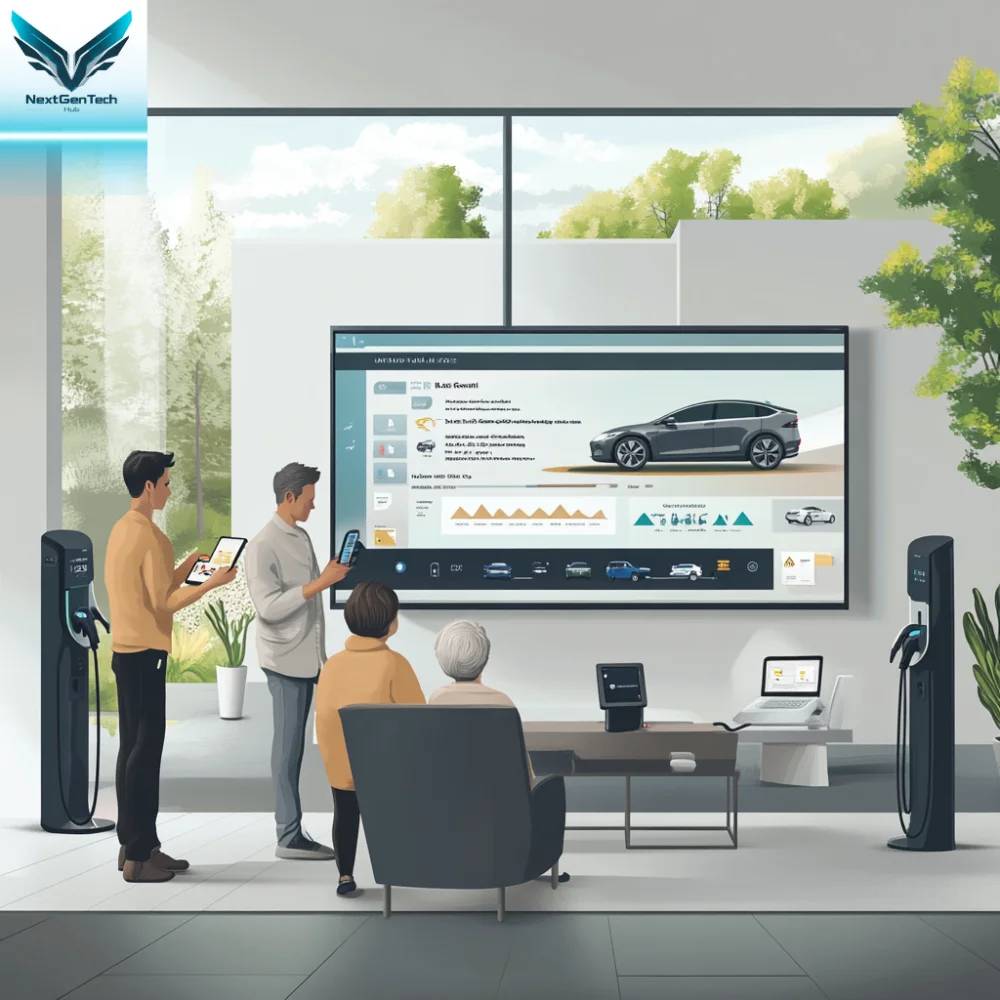
Choosing the right EV charging station is a critical decision for any EV owner. It requires a thorough understanding of the different types, power outputs, smart features, installation needs, and the total cost of ownership. By carefully considering these factors and comparing the latest products on the market, you can find the best EV charging station that meets your needs and budget. This guide provides all the essential information to make an informed choice, ensuring a seamless and efficient EV charging experience.
Feel free to explore the resources, comparison tables, and product links provided to find the perfect EV charging station for you.
